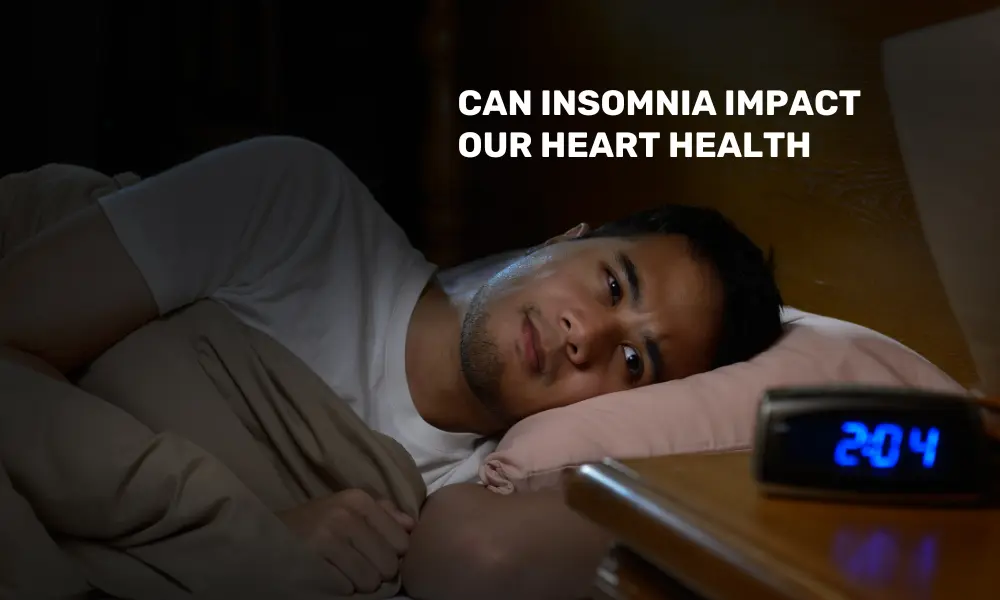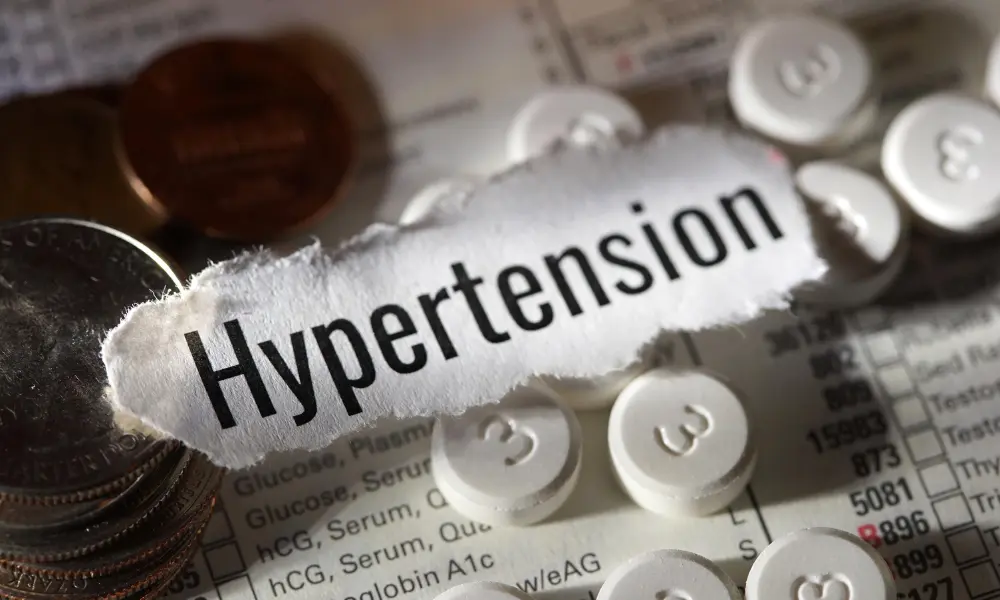Sleep is a basic requirement for good health, just like healthy nutrition and regular exercise. But many people live with insomnia. It is a widespread sleep disorder which can cause multiple health complications. Insomnia has many implications on our cardiovascular health. Thus, it is vital to understand the hidden impact of insomnia on our heart health.
Link Between Insomnia and Cardiovascular Diseases
Insomnia is a common daytime disorder that occurs when individuals find it difficult to fall asleep or wake up too early and are unable to sleep again. The immediate effects of insomnia are fatigue, decreased concentration, and irritability. Chronic insomnia is associated with critical health problems, especially diseases like heart attacks and strokes. Here are a few health complications related to Insomnia:
-
Individuals with insomnia have a higher risk of developing high blood pressure, which is a major cause of heart attacks and strokes.
-
Stress caused by sleep deprivation also increases the levels of cortisol. Cortisol is a hormone that increases blood pressure and heart rate.
-
Gradually, insomnia may also cause inflammation, damage blood vessels, and accumulate plaque in the arteries, which may increase the risk of heart attacks or strokes.
-
Insomnia can cause increased inflammatory responses in our body.
-
Our body cannot repair itself in the absence of adequate sleep. While we sleep, critical processes in our body take place, like tissue repair and rejuvenation of heart and blood vessel functionality.
-
Due to insufficient rest, our body is unable to execute the crucial tasks, which means higher risks of developing long-term cardiovascular damage.
Impact of Insomnia on Circadian Rhythm
Circadian rhythm regulates all the bodily processes such as heart rate and blood pressure. And it is a natural process of our body. Insomnia not only shortens the sleep period, but it can also confuse our body’s natural rhythms of circadian changes. Insomnia disturbs the internal clock of our body that cause changes in blood pressure and heart rate. For example, insomnia may cause high blood pressure from dusk till dawn that may put a person in a state of persistent increased cardiovascular stress.
How to treat Insomnia to Improve Heart Health
It is clearly evident that there is a strong association between insomnia and heart attack, it is therefore high time to take sleep disorders seriously and treat them. Lifestyle factors must be controlled and constructive changes must be adopted like ensuring regular sleep schedules, minimization of caffeine consumption, reduction in screen time just before the bed and a soothing bedtime routine.
In some instances, medications or sleep aids may be required but should only be taken carefully under medical supervision or doctor’s advice as such medications can have side effects and even cause lifelong dependency.
More importantly, addressing the conditions that may subsequently cause other health problems like anxiety or depression can often help to improve the quality of sleep and further decrease the risk of developing cardiovascular problems.
The Bottomline
Insomnia’s hidden impact on heart health should not be overlooked. Chronic sleep disorders may seem to cause minor inconvenience, but they can have serious long-term effects on our cardiovascular health. Many studies have brought forth the connections between sleep and cardiovascular disorders, it is clear that addressing insomnia is not about improving quality of life but it is matter of life and death. For individuals struggling with sleep issues, seeking medical help early and adopting sleep-friendly habits can help prevent life-threatening conditions like heart attacks and strokes.
FAQ on Insomnia
How to cure insomnia?
The fastest way to improve sleep and potentially “cure” insomnia is to prioritize good sleep hygiene, which includes consistent sleep schedules, regular physical activity, and reduce or avoid caffeine and alcohol close to bedtime.
What is the main cause of insomnia?
Insomnia, can be caused due to multiple factors, both temporary and persistent. Common causes include stress, anxiety, depression, and poor sleep habits, as well as underlying medical conditions or medication side effects.
This article is meant for informational purposes only and must not be considered a substitute for professional advice.




